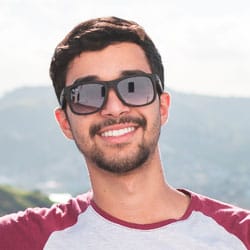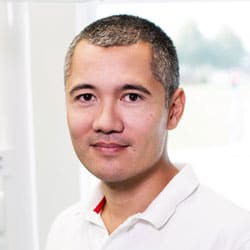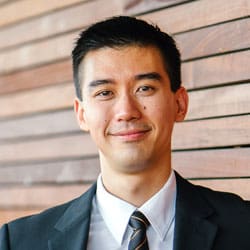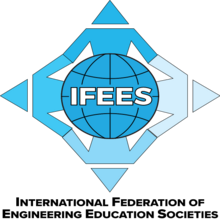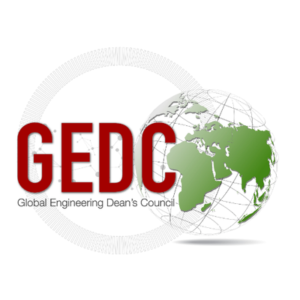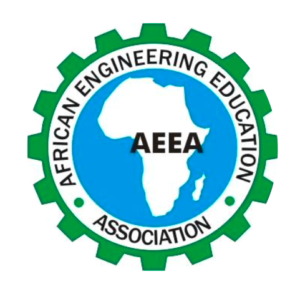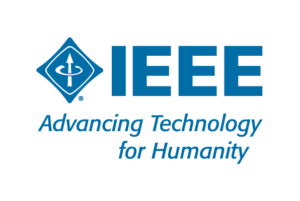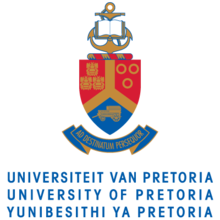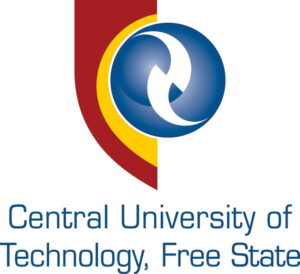Workshop Sessions
1. Dassault Keynote Workshop
Plenary Workshop

Dassault Systèmes

Prof. Dr-Ing., Director “Werk150”, Reutlingen University. Guest lecturer, Stellenbosch University.

Professor, Durban University of Technology, Franco-South African 3DEXPERIENCE Edu Academic Center
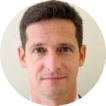
Raoul Jacquand
Public services & Africa Business Development VP, Dassault Systèmes

Africa Business Development, Dassault Systèmes
To increase graduates’ professional action skills for their industrial career as well as to equip them with necessary tools to exploit existing potential due to innovative digitalization technologies, the system – Learning Factory Werk150, the factory of ESB Business School, offers an excellent opportunity. The workshop provides examples of curricular training in learning factories for master students within industrial engineering study programs at the ESB Business School, Reutlingen University.
Part 2: International collaborative learning for sustainability and employabilityOne way to increase industry competitiveness is to prepare students for a design thinking process in which prototyping and iteration loops give them the experience of digitalization for the real world. Tis intervention provides practical details of such approach at Durban University of Technology and Cape Peninsula University of Technology, it articulation with an international program and with sustainability considerations.
Part 3: Roadmaps to the digital transformation in educationDigital transformation in education can take many road, in this presentation we will describe the pedagogical journey proposed by Dassault Systèmes to academic institutions around the world, and specifically in Africa highlighting how effectively digital collaboration contributes to an inter-disciplinary teaching approach, which is engaging for students, gratifying for teachers and relevant for national economies.
2. First approach and vital points to successfully produce peer-to-peer lecture films

Anna Pfennig
HTW Berlin, Germany
Discussion – The objective of the workshop is to challenge the idea that lecture video production is very time consuming and requires significant effort. There are good and easy ways to visualize content without becoming a future film editor. PowerPoint is a simple and yet powerful tool to produce high quality content and good short lecture videos. Using peer-to-peer student-created short lecture videos is an approach that has shown success and its implementation as a teaching and learning tool is directly related to the students’ learning outcome.
3. An Approach to Holistic Systemic change towards Innovative Curricula

Lelanie Smith
University of Pretoria

Karin Wolff
Stellenbosch University

Helen Inglis
University of Pretoria

Curiosity Campus
Discussion – With increasing complexity of graduate attributes, engineers as academics are often unsure or unable to keep up with innovative technologies and innovative assessment practices that are published in Engineering Education Research. This workshop explores the change of roles for academics towards preparing graduates for the 21st century. We also consider creative and innovative approaches to support the development and measurement of complex graduate attributes.
4. Maximizing Impact with Community Engaged Learning
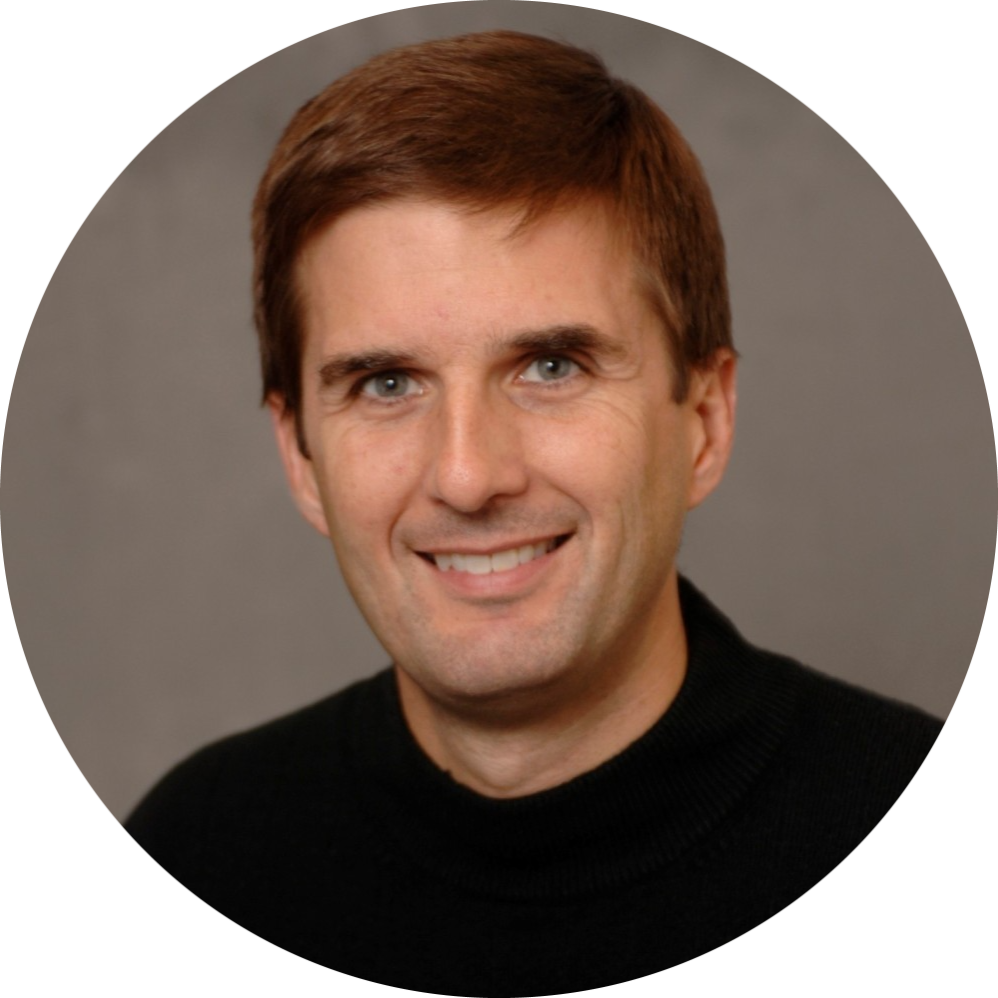
William Bill Oakes
Director of EPICS at Purdue University
5. How to Disseminate Entrepreneurially-Minded Best Teaching Practices Through the Scholarship of Teaching and Learning (SOTL)

Lisa Bosman
Purdue University
Discussion – The scholarship of teaching and learning (SOTL) is a powerful tool to disseminate knowledge about entrepreneurially-minded teaching interventions. This workshop focuses on supporting engineering instructors to augment their promotion and tenure objectives with SOTL opportunities. Equipped with SOTL tools and know-how, faculty can simultaneously elevate student learning and satisfaction while advancing one’s professional and academic career goals. The intended audience is engineering instructors (who are not formally trained in conducting engineering education research). The workshop topic fits well with the conference theme, “Adapting to Global Disruption,” given the emphasis on entrepreneurially thinking which was necessary for many businesses to survive the pandemic. Participants will leave the workshop with a roadmap for conducting and disseminating scholarship of teaching and learning (SOTL) best practices through conference proceedings and journal manuscripts focused on entrepreneurially-minded teaching practices.
6. A workshop on Developing Spatial Thinking for Engineering Student Success

Sheryl Sorby
The Ohio State University
Discussion – The ability to visualize in three dimensions is a cognitive skill that has been shown to be important for success in engineering and other technological fields. For engineering, the ability to mentally rotate 3-D objects is especially important. Unfortunately, of all the cognitive skills, 3-D rotation abilities exhibit robust gender differences, favoring males. The assessment of 3-D spatial skills and associated gender differences has been a topic of educational research for nearly a century; however, a great deal of the previous work has been aimed at merely identifying differences. For nearly three decades, Sheryl Sorby has been conducting research aimed at identifying practical methods for improving 3-D spatial skills, especially for women engineering students. Her current research focuses on the role that spatial thinking skills play in engineering design and problem-solving. This workshop details the significant findings obtained over the past several years through her research and identifies strategies that appear to be effective in developing 3-D spatial skills and in contributing to student success, and allows participants to engage with the programme material first-hand under the guidance of Sheryl.
7. Engineering Education Research in Africa - Building capacity within a community of practice
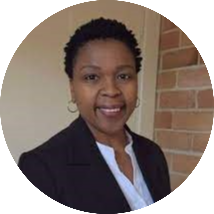
Esther Matemba
Engineering Education Advisor- Lassonde Educational Innovation Studio,
Lassonde School of Engineering

Lelanie Smith
University of Pretoria

Purdue University
Discussion – This workshop explores how to build capacity through an under-resourced organically emerging community of practice. We ask reflective questions about the shared contextual challenge and opportunities of collaboration to explore on the African continent and in relation to the wider global north community. The workshop is facilitated by the founders of two emerging communities of practice: EERN-Africa is an emerging community of practice with more than 90 participants from 22 countries in Africa; and the Engineering Education African Fellows Group consisting of Diasporan Africans pursuing advanced degrees in engineering education. Both networks members range from experts to developing Engineering Education Researchers and also includes Engineering Educators. This workshop is open to all WEEF/GEDC2022 attendees to connect with the members in this emerging community to expand its effort towards capacity building in EER on the continent.
8. Using ATLAS.ti to collect, manage and analyse literature in research projects

Ekaterina Rzyankina
University of Cape Town

Zach Simpson
University of Johannesburg
Discussion – ATLAS.ti is a powerful computer-assisted qualitative data analysis software (CAQDAS) that facilitates analysis of textual and media data in any discipline and for diverse research topics. In addition to assisting with analysis of data, the tools of ATLAS.ti can also be applied to the literature review process particularly when access to library and university facilities is limited due to the global challenge of COVID-19. The workshop consists of both instruction and hands-on exercises in ATLAS.ti. By the end of the workshop, it is hoped that participants will have the conceptual and practical tools necessary to use ATLAS.ti to assist organise, manage and analyse literature related to their current or future research projects. This workshop is designed for postgraduate students, early-career researchers and well-established scholars not familiar with Atlas.ti and how it might be used to assist with literature review. It will be applicable to participants in any discipline.
9. Voices from the Heart: A trauma-informed and wisdom-inspired approach to wellness and thriving in engineering education

Kai Zhuang
York University

Dimpho Radebe
University of Toronto
10. What is our responsibility to act, and advocate for systemic change within engineering education and practice?

Jonathan Truslove
Education and Skills Lead at Engineers Without Borders UK
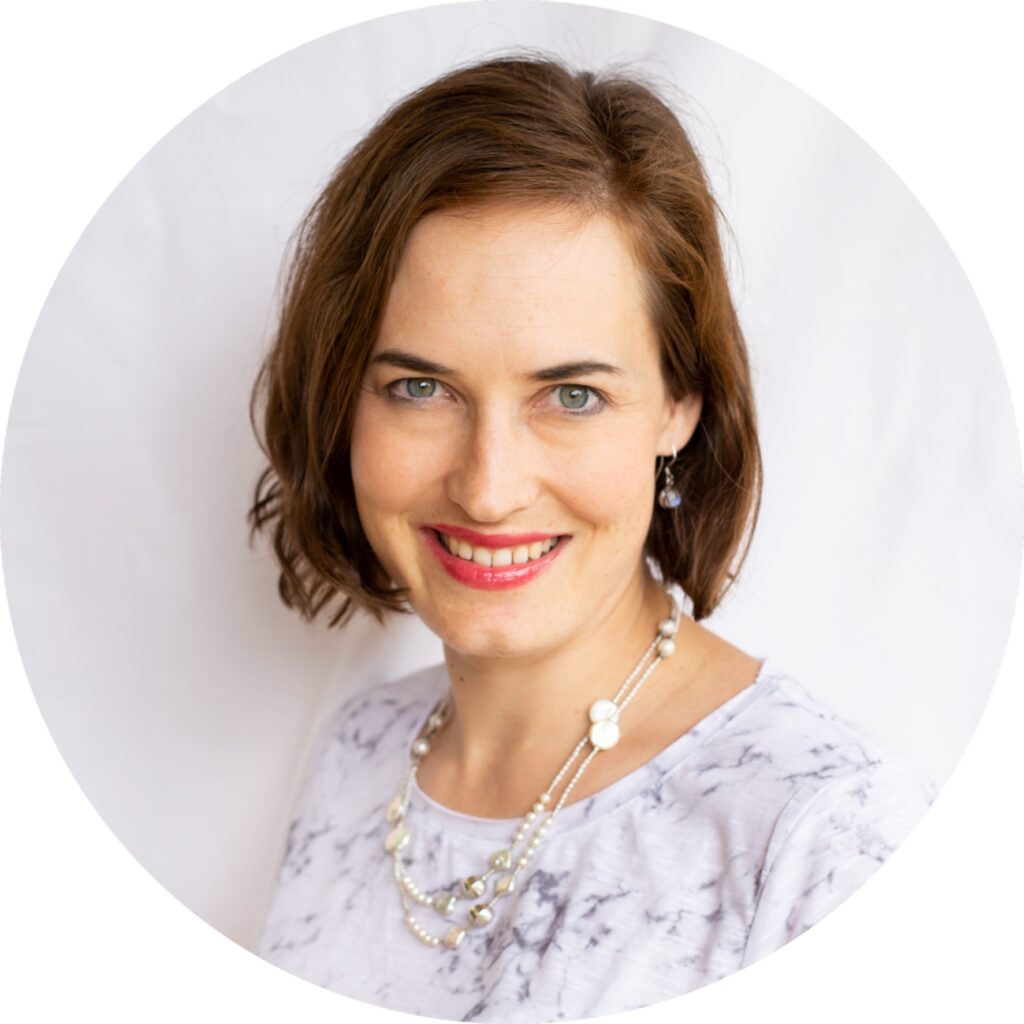
Robyn Clark
Engineers without Borders

Engineers without Borders

Engineers without Borders
Discussion – Engineers Without Borders UK and South Africa are part of a global movement of 26 organisations who work across 55 countries, with 200 staff impacting more than 4 million people, by advocating for a stronger focus on the ethical, social, environmental and cultural aspects of engineering. Engineering graduates entering the workplace will address sustainability and global challenges, well beyond the horizon of the Sustainable Development Goals (SDG). Preparing future and current engineers requires disruption to traditional education pedagogies and approaches, to develop the knowledge, skills and attitudes needed to enable globally responsible outcomes and tackle the complex challenges of the future. Critically reflect on the current and future role of engineers, and explore Engineers Without Borders UK’s prototype competency framework that looks at what is required to prepare engineers in addressing the world’s most challenging issues.
11. Sustainability Assessments, using Ansys Granta EduPack

Tatiana Vakhitova
Ansys, UK

Nicolas Martin
Principal Development Manager EMEA
Ansys France
Discussion -“Sustainability” is not a simple parameter that can be quantified and optimized in an engineering design. Even the simplest proposal for a “sustainable” development has many facets. What material and energy resources will it require? What impact will it have on the environment? What regulatory constraints must it observe? Is it socially acceptable and fair? Is it economically viable? Issues of sustainable development are intrinsically complex; their assessment requires acceptance of this complexity and the ability to work with it. Individual facets can be explored in a systematic way but the integration of the facets to give a final assessment requires debate, compromise and reflection. The first session presents the 5-step method for analyzing proposals that claim sustainability as an objective, Social Impact Audit Tool, EduPack’s Sustainability Package and the tools it contains. The second session involves participants more actively. The final one encourages reflection and discussion.
12. Appropriate Evaluations of Applicants’ Diversity Statements for Improved Inclusivity and Convergent Thinking

PK Imbrie
University of Cincinnati

Assistant Vice President of Faculty Research Development for the Office of Research University of Cincinnati

Stephanie Adams
Dean of the Erik Jonsson School of Engineering and Computer Science and Lars Magnus Ericsson Chair in Electrical Engineering, University of Texas

Abura Group

Carmen Sidbury
Senior Director Research and Development at National Action Council for Minorities in Engineering

Bevlee Watford
Associate Dean, Academic Affairs Director, Center for Enhancement for Engineering Diversity College of Engineering – Virginia Tech
Discussion
The participants will primarily be prepared as a search committee member, chair, or convener to determine how to best evaluate diversity statements, in order to enhance the selection of applicants for a more inclusive environment filled with more convergent thinking individuals. The participants will see the theoretical and practical connections between convergent thinking and diversity and inclusion. They will understand the many ways that a diversity statement helps to find the best applicants for the organizational cultures we must develop. They will see the KSAs and ideas that can be discovered or revealed in a diversity statement. Finally, they can develop appropriate rubrics for different organizational cultures for judging the strengths of diversity statements.
13. Supporting Personal and Community Mental Wellbeing: Managing Workload in Engineering Education

Kim Johnston
Associate Dean (Teaching and Learning and Mental Wellness) at the Schulich School of Engineering at the University of Calgary
14. The Art of Strategic Thinking and Planning

Howard Teibel
President of Teibel Education Consulting

Discussion -Transforming the culture for your engineering college, school, or department means getting your people to pick their heads up from their daily tasks to engage in addressing bigger questions. The role of a Dean is to facilitate the strategic direction for their college or school. With a clearly defined and agreed to direction, the planning process can commence.
15. Women Leadership

Sushma Kulkarni
Director at Rajarambapu Institute of Technology, Maharashtra, India

Rajarambapu Institute of Technology
Discussion – Working to increase the gender balance in decision making fora is one of the primary objectives of the new SDG 5 of the 2030 development agenda for sustainable development. Noting the significant lack of women in engineering decision making positions, irrespective of the remarkable increase of women at the entry level as faculties and instructors, this workshop is designed for female engineering professionals looking to develop and acquire the techniques and skills to drive their full potential and maximize opportunities in their career. This women’s Leadership workshop seeks to address the gender imbalance that exists pertinently in top positions of Engineering Leadership. Having more women in leadership positions may facilitate new ways of reaching consensus and may inform more gender-responsive policy. The workshop will be hands on, resulting in a self -assessment of their skills and leadership styles.
16. The IEECP: A 180º turnaround towards innovative STEAM education

Eduardo Vendrell Vidal
Vice-Rector for Studies, Universitat Politècnica de València / InnovaHiEd
Discussion – The purpose of the workshop is to provide a basic approach on the need to transform STEAM education into a real pathway to authentic learning where teachers and students collaborate by defining learning goals and teaching and assessment activities that can lead to evidence the competence acquisition. Having offered the International Engineering Educator Certification Program (IEECP), accredited by the International Association for Engineering Pedagogy (IGIP), for more than 200 colleagues in different countries, this workshop will show the results of this experience and will incentive the participants to acquire new skills as engineering educators.

What Our Members Have to Say
